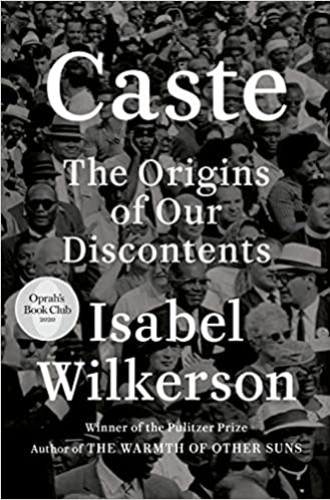Is there an American caste system?
Caste is more complex than Isabel Wilkerson suggests. But she excels at forcing open our eyes to the horrific realities of racism.
The power of an analogy is twofold: it can make something relatable, or it can completely turn upside down all of our preconceived notions. Isabel Wilkerson seeks to do the latter in her most recent book.
Wilkerson, who won a Pulitzer Prize as a reporter for the New York Times and garnered multiple awards for her 2011 book about the Great Migration, The Warmth of Other Suns, turns her attention here to the basic vocabulary we use when we talk about racism. She argues that years of antidiscrimination campaigns have rendered the term racism meaningless, erasing its multigenerational reality and reducing the term to individual acts of hatred. Many who do racial justice work have noted that for some people, being called racist seems to be a worse offense than actually engaging in racist action.
And so Wilkerson chooses a fresh framework, one not saturated in years of assumptions and mischaracterizations. She uses the framework of caste to explain what a hundreds-year-long system looks like when it’s baked into our culture, our laws, our way of doing business, and our ways of distributing power and work and dignity and worth. She alludes briefly and vaguely to how an American caste system interacts with people of color who are not Black, but her primary focus is on White supremacy culture and anti-Black racism. In that process, she occasionally makes references to two other national caste systems: Germany (which she argues largely overcame its caste system by actively, intentionally, and publicly dismantling the work of the Nazi Party) and India (which has a thousands-year-long tradition that’s still in place, although it has been outlawed since the 1950s).






